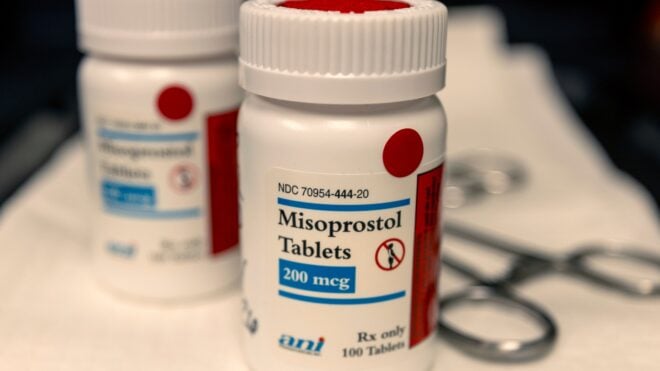When it comes to our health, most of us try to stay on top of the major issues.
We go and get our moles checked, we go in for annual vaccinations, and we know how to do a breast self examination.
Still, there's one area of our physical health that we all tend to neglect: our reproductive systems.
Unless you're actively pregnant or trying to become pregnant, it can be easy to ignore the ole uterus during your child-bearing years — aside from monthly visits from Aunt Flo, of course.
Once you're past that point, it's even easier to ignore whats going on in there!
But we should all resist the temptation to look the other way, because keeping an eye on your womb can be vital for whole-body health.
In fact, doctors estimate that nearly 12 percent of all women in their mid-40s will get a hysterectomy, so we should all know a bit about the ins and outs of hysterectomy, and the reasons that we might (or might not!) need one.
Scroll through below to learn more!
Thumbnail Photo: Wikimedia Commons
#1: What’s A Hysterectomy?
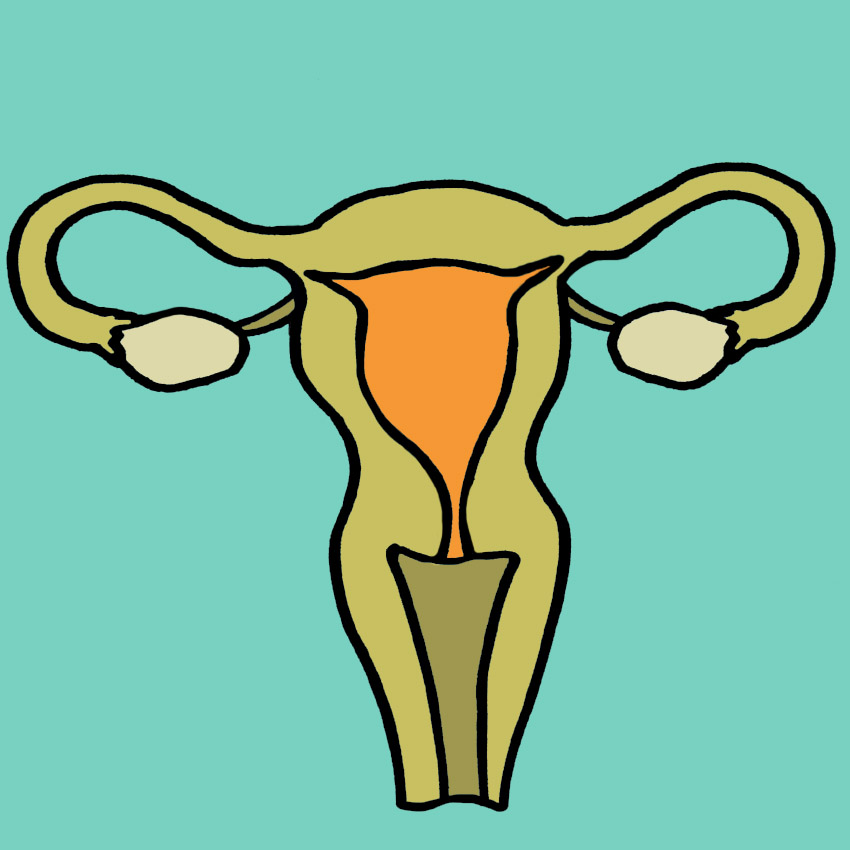
So what is a hysterectomy any way?
There are two different kinds: total hysterectomy and partial. As you may have gathered, one is more extensive than the other.
In a total hysterectomy, the entire uterus and the cervix are removed, and the doctor may also remove the ovaries and fallopian tubes.
In a partial hysterectomy, the uterus is removed, but the cervix and/or ovaries remain intact.
#2: What’s The Purpose?
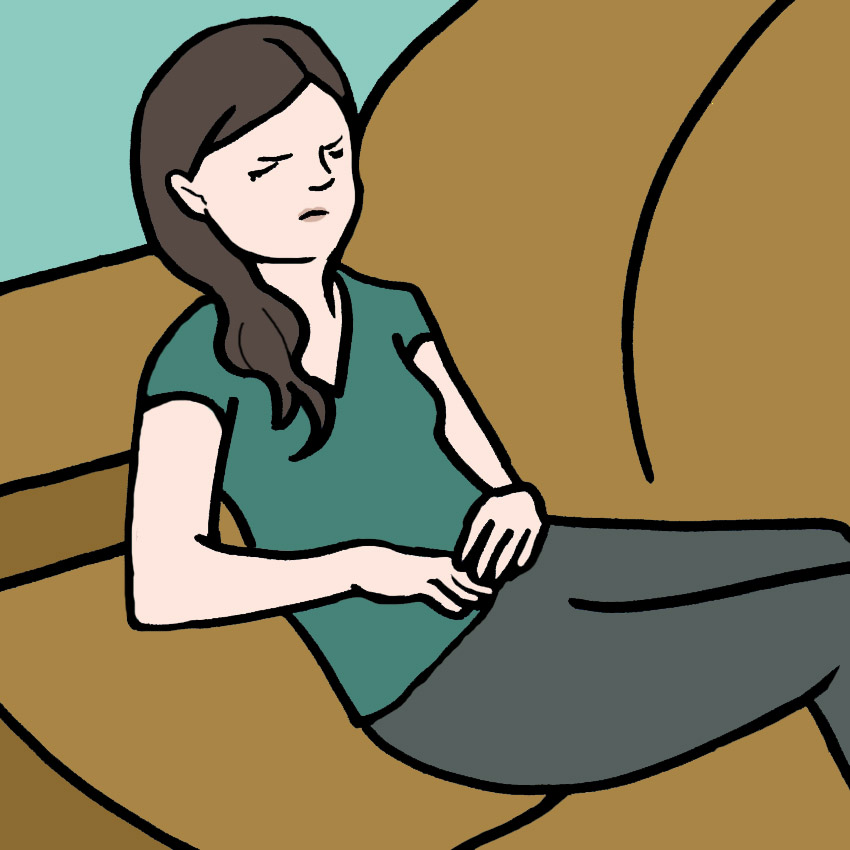
There are a lot of different medical reasons that someone might need a hysterectomy.
For example, in the case of cancer in the reproductive organs, a hysterectomy would usually be the most effective surgical solution.
Just as often, it's an elective treatment for endometriosis, fibroids, or other painful pelvic issues.
#3: Who Might Need One?
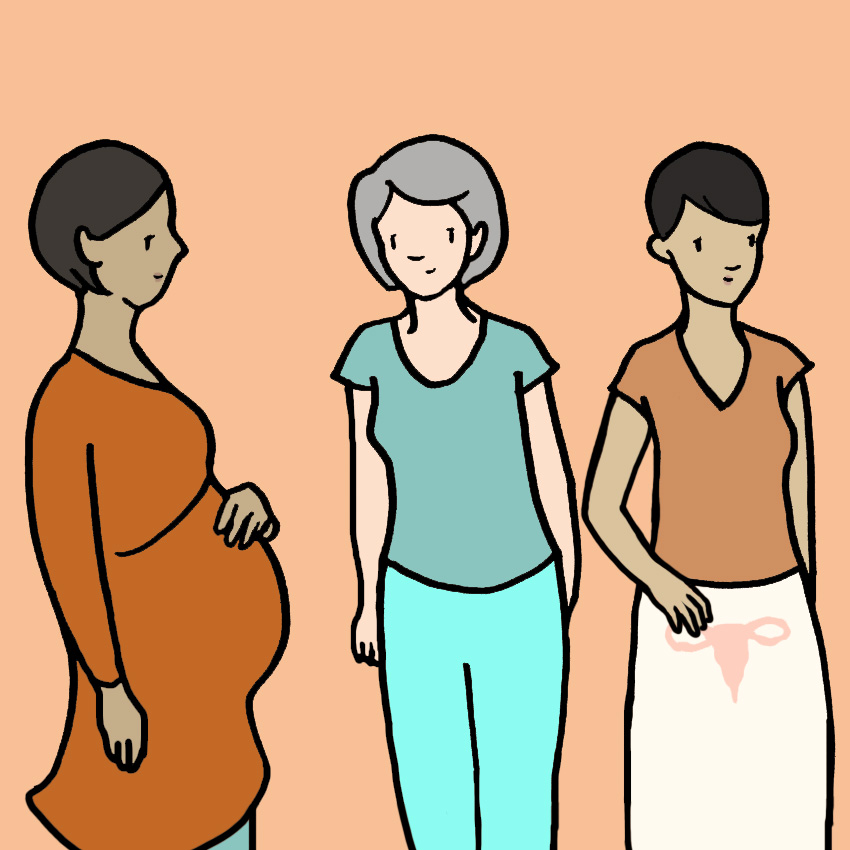
Getting a hysterectomy is something we often associate with the years just before menopause begins or with early menopause, usually from a woman's mid-40s to her mid-50s.
Still, it can be something that women face at all times in their adult lives — women with chronic pelvic disease (like fibroids) may choose to get a hysterectomy in their 20s or 30s.
Pregnant women may also be at a higher risk for needing a hysterectomy because of potential complications of pregnancy or labor.
#4: What Conditions Lead To Hysterectomy?
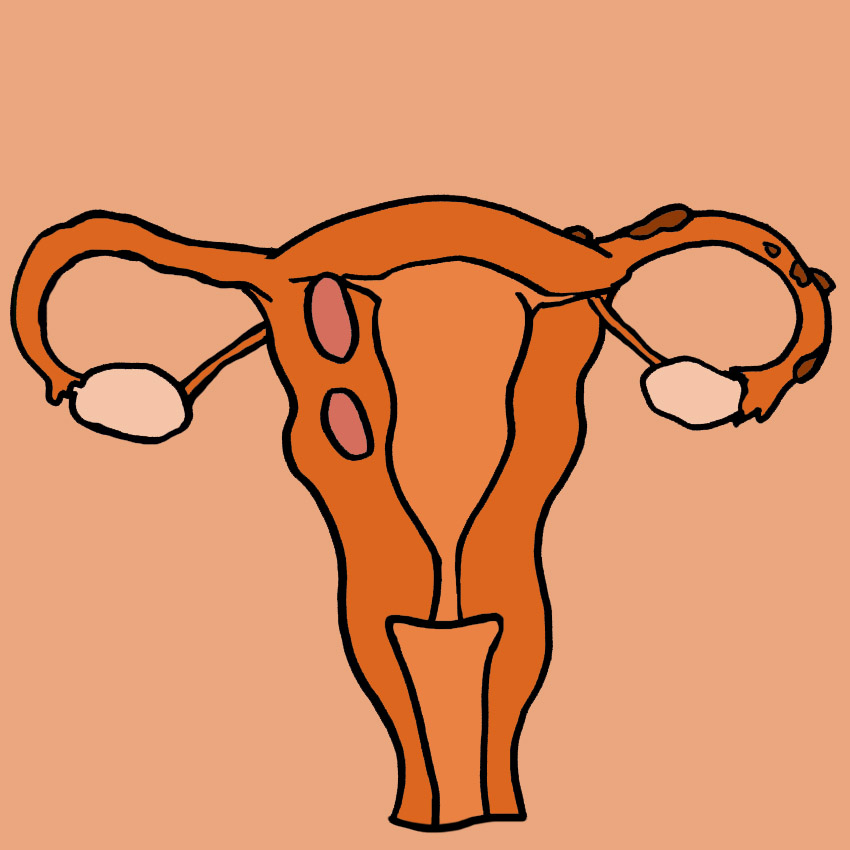
There are lots of conditions that might lead to a hysterectomy, but many of the most common are linked to the ebb and flow of hormones.
These conditions include uterine fibroids, which are painful lumps on the uterus, and endometriosis, which causes the uterine lining to thicken.
Cancers, as mentioned earlier, can lead to hysterectomy, as can a condition called uterine prolapse, when the womb may begin to slip through the cervix.
#5: When Should You Get A Second Opinion?

In many, many cases, a hysterectomy is an elective procedure — meaning that the patient can choose to have the procedure for better quality of life, though it isn't medically necessary.
There are a handful of cases where a hysterectomy is totally necessary, but if you have doubts about the procedure, get a second opinion from another doctor.
Some women, particularly younger women in their childbearing years, might prefer to try an alternative treatment or wait until they're older to have a hysterectomy.
#6: What Are The Consequences?
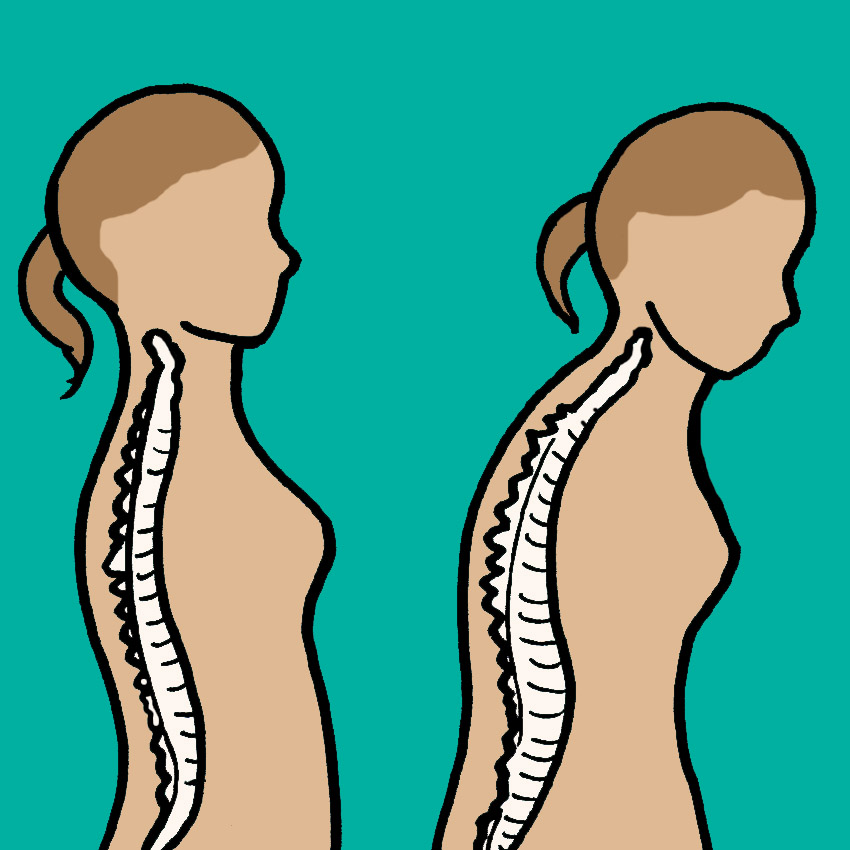
When you have a hysterectomy, there are quite a few immediate medical changes.
The most immediate and obvious consequence is that you will no longer be able to get pregnant, and you'll stop having a period.
If your ovaries are removed as well, you'll enter menopause immediately, and the lack of hormones may also jumpstart other side-effects associated with growing older, like osteoporosis.
#7: What Are The Benefits?
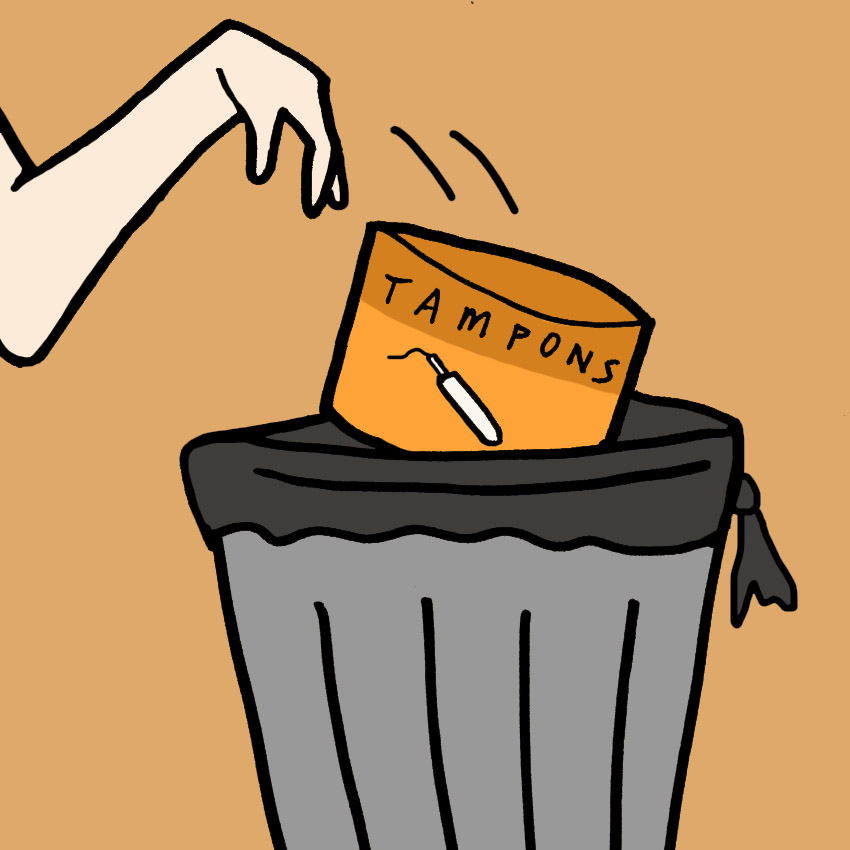
There are plenty of tremendous benefits to having a hysterectomy as well.
If you already know that you're done having children, a hysterectomy can end any concern about becoming pregnant accidentally. The procedure will also halt your monthly visitor.
It also totally eradicates the pain of lots of pelvic conditions and may reduce the risk of reproductive cancer.
#8: What Should I Do If I Think I Need One?
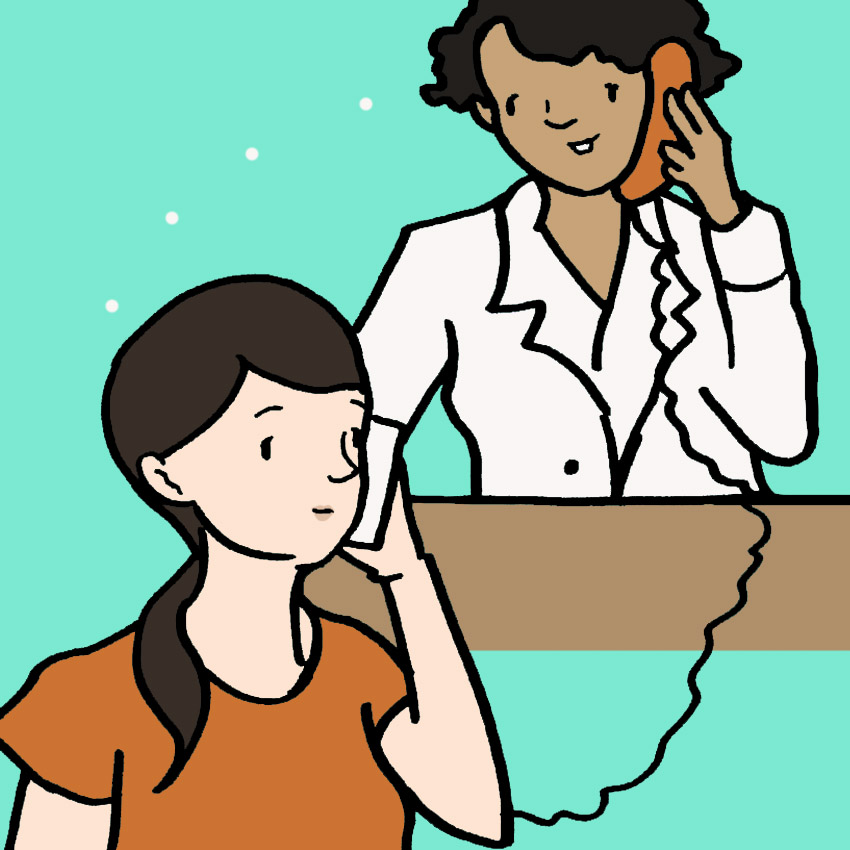
If you suspect that a hysterectomy is the right course for you, or simply want to learn more, schedule an appointment with your regular gynecologist.
It's also a good idea to schedule a second opinion from the get-go, because many doctors have different perspectives on what makes a hysterectomy necessary, and you should be as informed as possible before deciding to move forward with the process, which is an extensive surgical procedure that requires at least six weeks of recovery.
Have you ever considered a hysterectomy or gone ahead with one? Tell us about your experience, and don't forget to SHARE this information with every woman you know!



